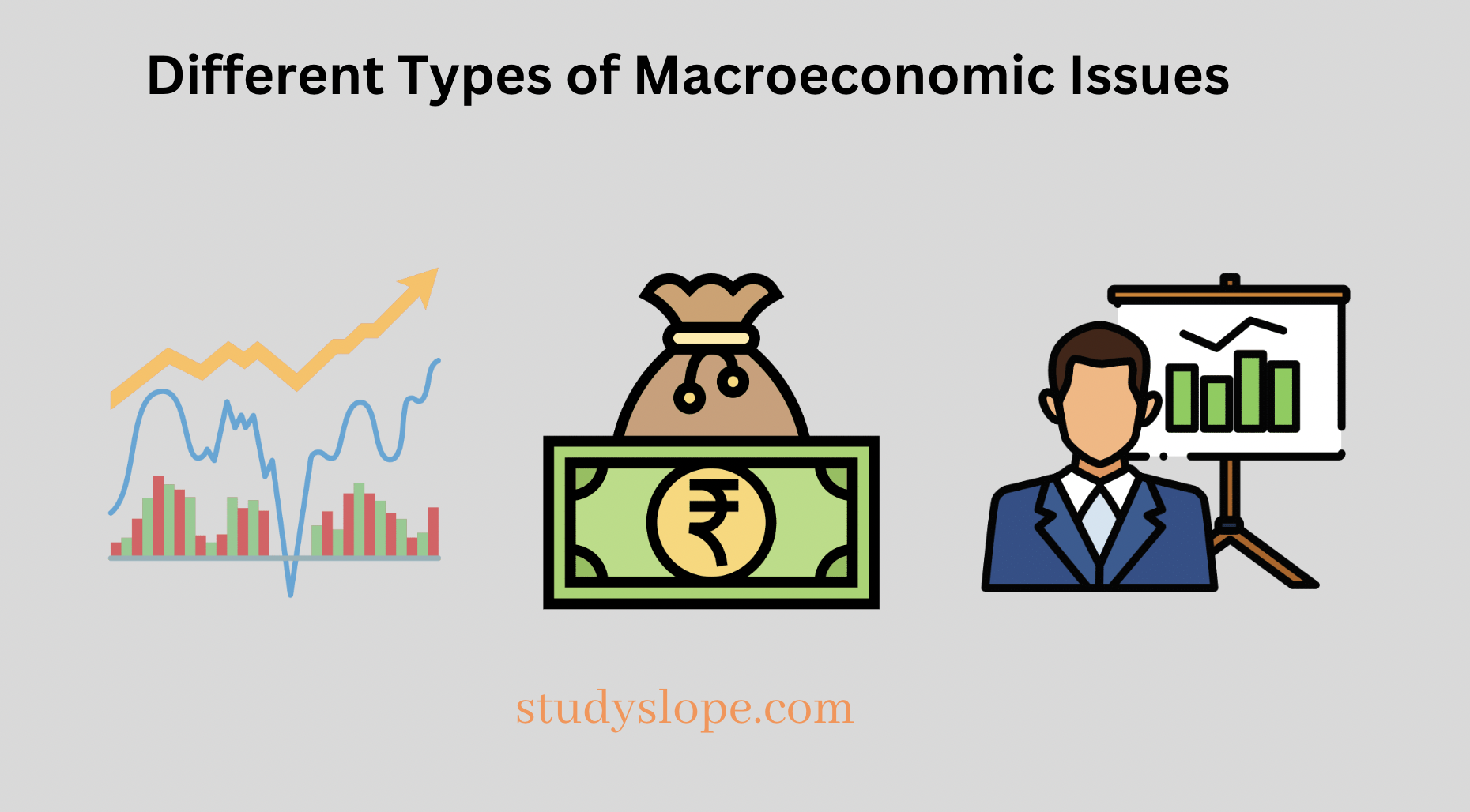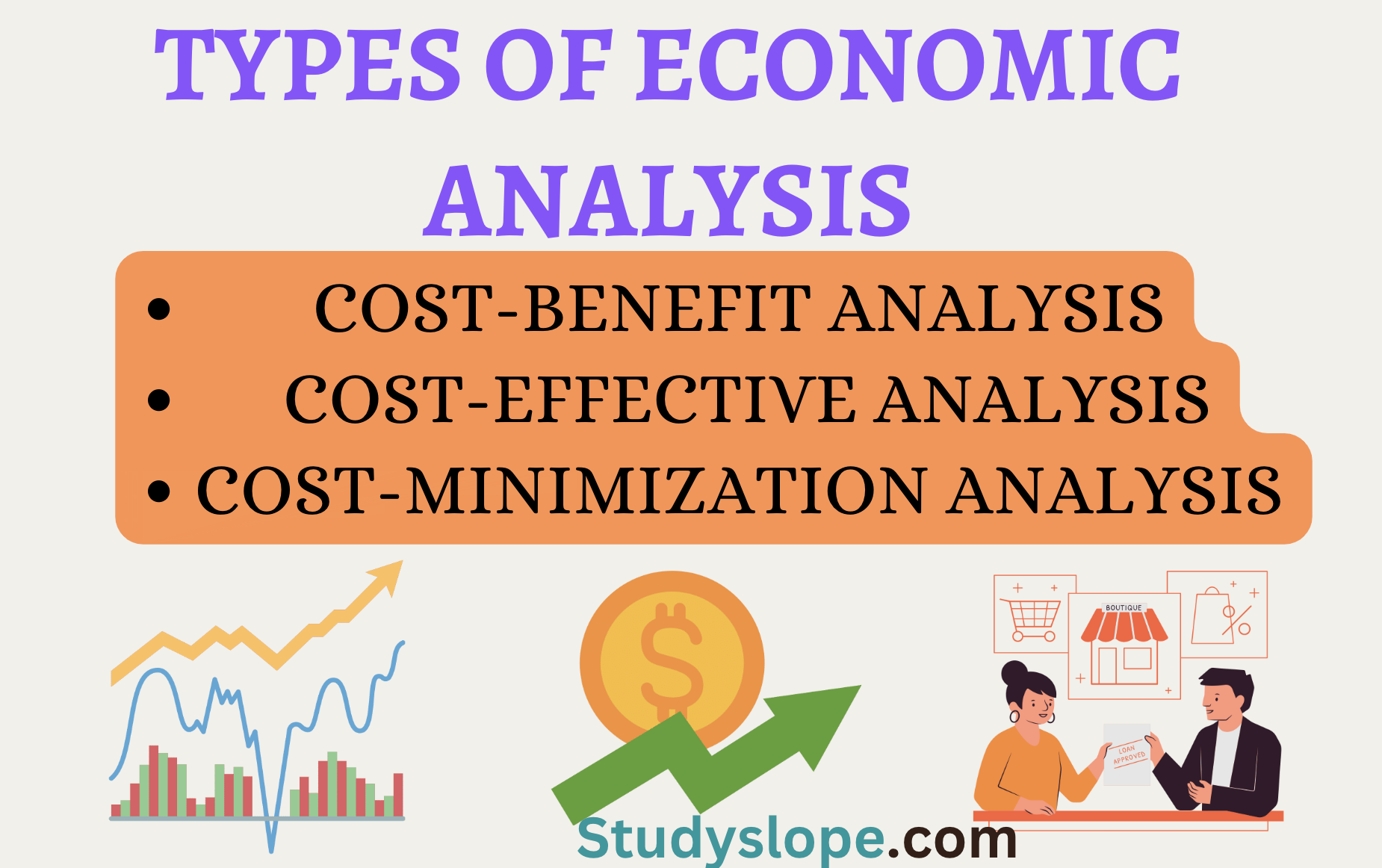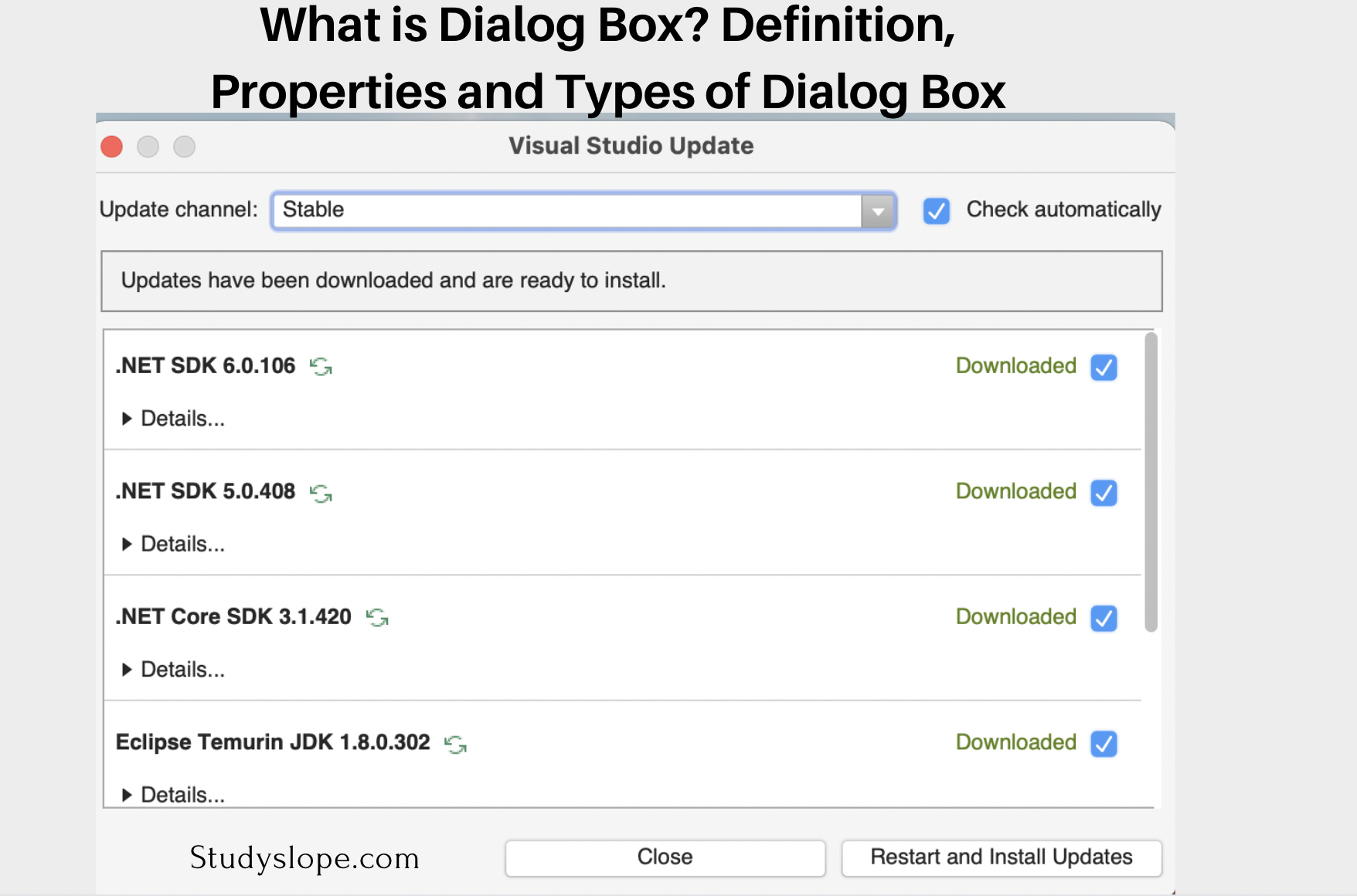Time Management-List of top tips for managing time
A Quick Guide to Time Management Time management is a process of planning and controlling about how much time to spent on particular task in order to have target output. Anyone having good time management can have more task done in a specific pattern that allows individual to manage stress, built confidence and helps to … Read more















